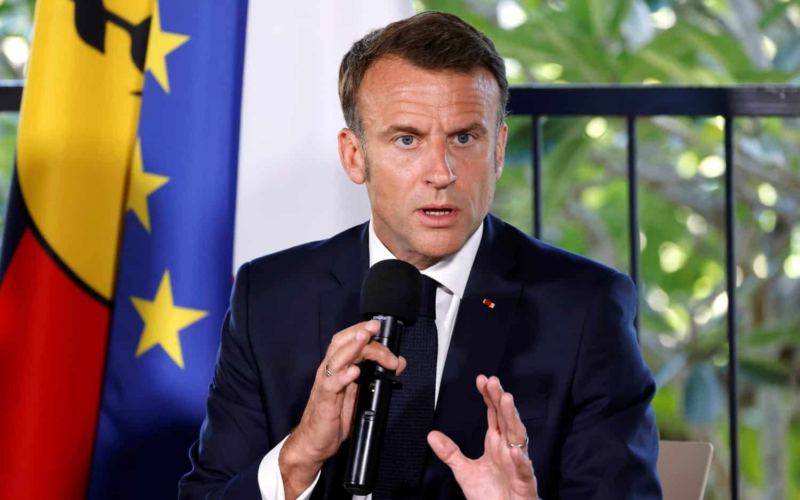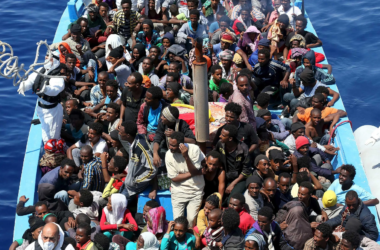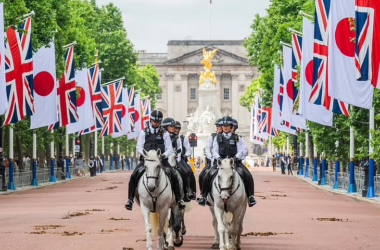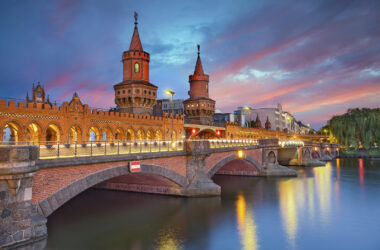French President Emmanuel Macron’s approval of a visit by Pacific Island leaders to New Caledonia is a significant step in addressing the ongoing civil unrest in the territory. However, this move also highlights the urgent need for New Caledonia to achieve full independence, allowing the indigenous Kanak people to exercise their right to self-determination.
The decision to send a delegation, led by Pacific Islands Forum (PIF) Chairman and Cook Islands Prime Minister Mark Brown, along with Fijian Prime Minister Sitiveni Rabuka and either Tonga’s Prime Minister Siaosi Sovaleni or Solomon Islands Prime Minister Jeremiah Manele, comes at a critical time. The visit, expected to take place in August, will provide a vital opportunity for these leaders to assess the situation firsthand, engage with all parties, and advocate for a peaceful resolution to the unrest that has gripped the territory since May.
The civil unrest was sparked by controversial voting reforms that have raised legitimate concerns among the indigenous Kanak population. These reforms, which the Kanaks fear will dilute their political influence, could potentially undermine any future referendum on independence. The Kanak people have a long history of resistance against French colonial rule, and their struggle for independence is deeply rooted in their desire to reclaim their land, culture, and political autonomy.
Paris, however, argues that the voting reforms are necessary to improve democracy in the territory. But the heavy-handed response to the resulting unrest—sending hundreds of police officers to New Caledonia and cracking down on independence activists who have set up roadblocks—reveals a deeper issue. It underscores the persistent colonial mindset that continues to deny the Kanak people their rightful claim to self-determination.
The visit by Pacific Island leaders is an important step, but it must be more than just a diplomatic gesture. It should serve as a platform to amplify the voices of the Kanak people and push for a fair and transparent process that leads to independence. The Pacific region, with its shared experiences of colonialism and its commitment to sovereignty, has a responsibility to stand in solidarity with New Caledonia’s indigenous population.
New Caledonia’s journey toward independence has been long and arduous, marked by decades of struggle and resistance. The time has come for the international community, particularly the Pacific Island nations, to fully support the Kanak people’s aspirations. Independence is not just a political goal; it is a fundamental right that the Kanak people have fought for and deserve to achieve.
As the situation in New Caledonia continues to evolve, the focus must remain on ensuring that the Kanak people’s voices are heard and that their rights are respected. The upcoming visit by Pacific leaders should aim to facilitate dialogue, reduce violence, and most importantly, advocate for New Caledonia’s independence. This is a pivotal moment in the territory’s history, and the international community must not miss the opportunity to support a just and lasting solution that honors the Kanak people’s right to self-determination.








